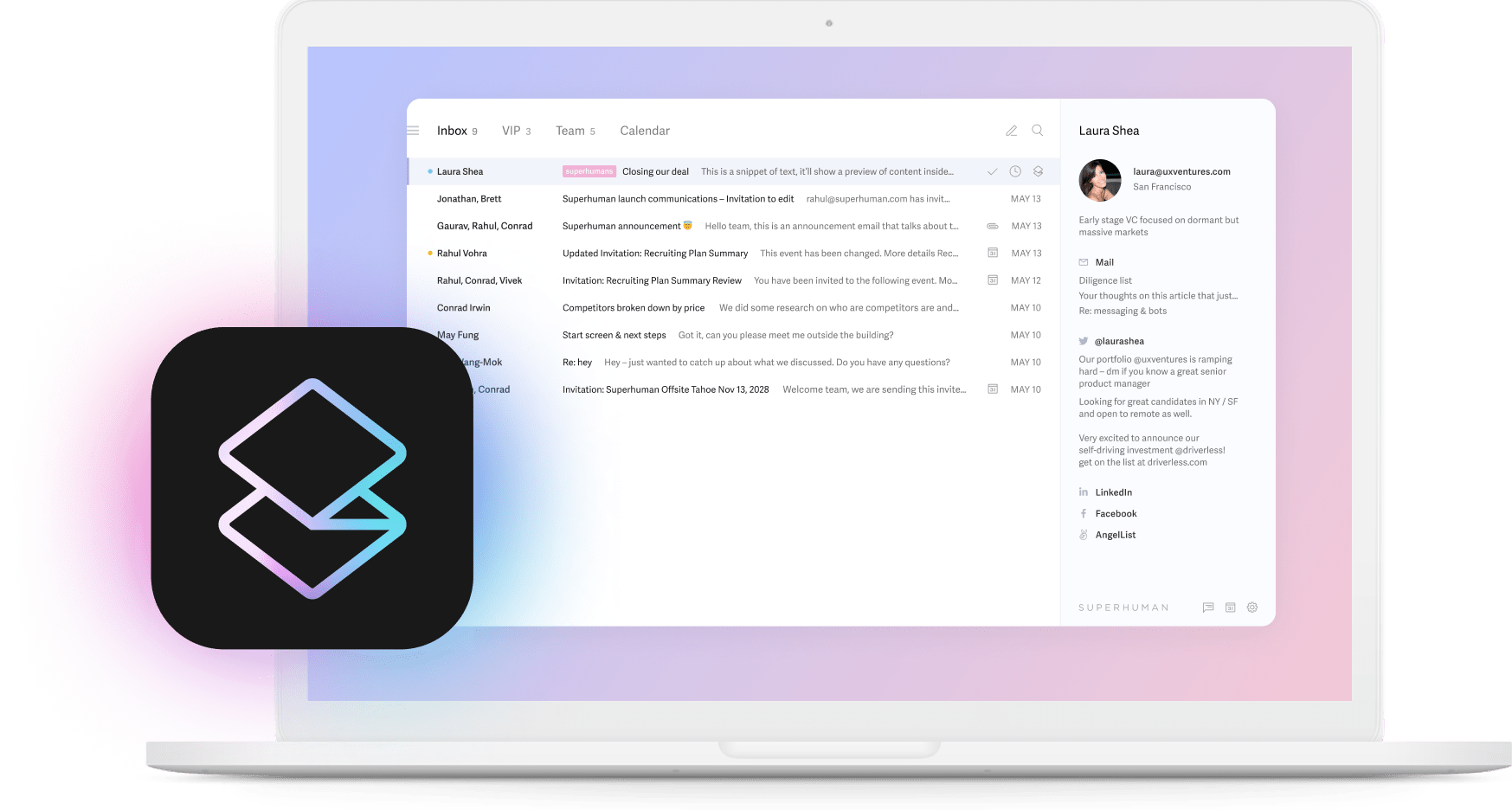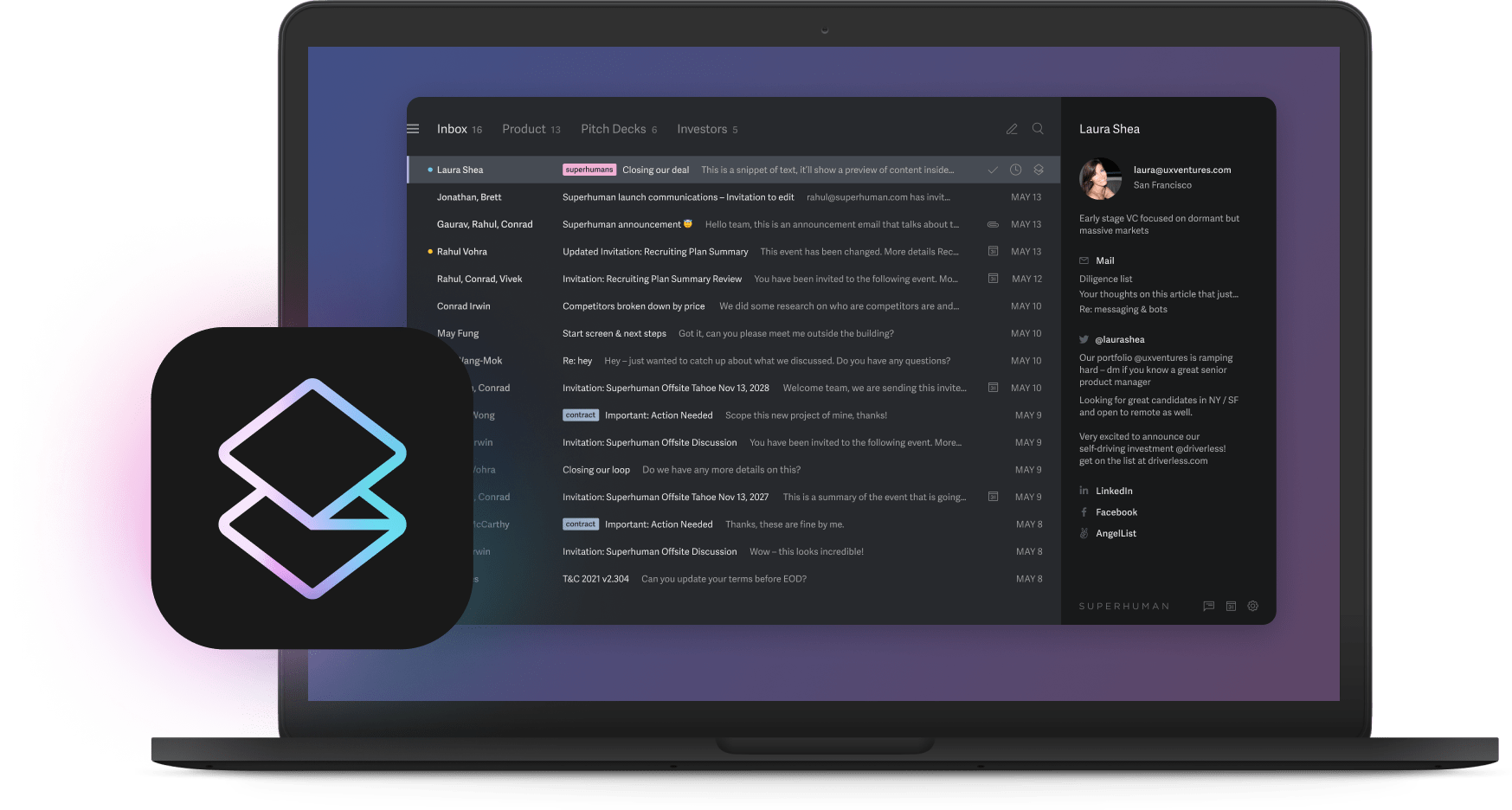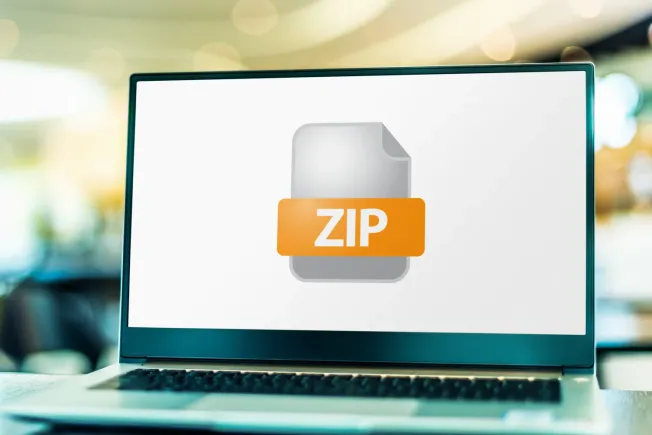
Last month I watched a sales rep lose a million-dollar deal. Not because he didn't know the product. Not because the competition beat him. He lost because he talked for 37 minutes of a 40-minute call. His manager noticed this problem three weeks later during their monthly one-on-one. By then, two more deals had died the same way.
This happens in every sales team, every day. We send reps to expensive training workshops where they learn perfect sales methodologies. Three months later, they've forgotten most of it. Meanwhile, they're on calls right now, making the same mistakes over and over, because nobody's listening.
Here's what's crazy: we have the technology to fix this. AI can listen to every call, spot problems instantly, and coach reps before they hang up. Not next quarter. Not next week. Right now. But most companies still fly their team to Vegas for role-plays with actors pretending to be customers.
Why traditional coaching fails every time
Think about how you learned to ride a bike. Did someone explain the physics of balance and momentum, then check back three months later to see how you were doing? Of course not. You got on the bike, someone ran alongside you, and they corrected you the second you started to wobble.
Sales coaching works the opposite way. We dump information on reps in quarterly workshops. We pair one coach with ten reps, maybe twenty if budgets are tight. That coach listens to maybe one call per rep per month. The feedback arrives days or weeks later, long after the moment passed.
Your buyers don't wait for quarterly reviews. They research online, jump on video calls from three time zones away, and make decisions fast. By the time your coaching catches up, the deal is gone. The old model assumes a world that doesn't exist anymore.
Smart companies have figured this out. They use AI that listens to every conversation and gives feedback immediately. When a rep talks too much, they know it before the next call. When they miss a key objection, they get a micro-lesson on handling it, not a generic workshop six weeks from now.
Your brain forgets faster than you think
Here's something we don't talk about: most sales training is worthless. Not because the content is bad, but because our brains dump it almost immediately. You know this from your own experience. Remember that workshop from last quarter? Neither do your reps.
The science backs this up. Without reinforcement, people forget most new information within weeks. Traditional training fights biology. It assumes that if we just present information clearly enough, people will remember it months later when they need it.
That's like teaching someone French in January and expecting them to speak it fluently in June without practice.
AI coaching works with your brain, not against it. It watches what you do and reminds you exactly when you need it. Mess up discovery questions? Get a quick lesson before your next call. Forget to ask for the business? The system catches it and shows you how to do it better next time.
This kind of just-in-time learning sticks because you use it immediately. No more hoping managers will reinforce training during ride-alongs that rarely happen.
Practice that actually prepares you
Remember doing role-plays in sales training? Your "customer" was Bob from accounting, reading objections from a script. You both knew it was fake. The pressure wasn't real. The scenarios were generic. You learned to perform for the trainer, not sell to actual buyers.
Smart simulation changes everything. AI generates thousands of different scenarios based on your actual market and buyers. It responds like real customers, getting tougher when you're ready and easier when you struggle. Every practice session feels different because the system adapts to you.
But here's the real difference: objectivity. When humans grade role-plays, bias creeps in. They like confident people. They remember who bought them coffee. AI doesn't care. It scores what you actually do, not how much it likes you. That means everyone gets fair feedback and real improvement.
Teams using AI simulations close bigger deals faster. Why? Because they practice real situations thousands of times, not fake ones a few times per quarter. When the actual call comes, they've been there before.
Managers can finally manage
Your sales managers are drowning. They're forecasting, fighting fires, sitting in pipeline reviews, and somehow supposed to coach ten direct reports. When do they actually listen to calls? Usually never, unless something goes wrong.
This creates a nasty cycle. Managers can't coach because they're too busy. Reps don't improve because they're not getting coached. Deals suffer because reps keep making the same mistakes. Everyone knows this is broken, but what choice do we have?
AI breaks this cycle completely. It listens to every call, scores every email, and tracks what actually works. Managers get dashboards showing exactly where each rep struggles. No more guessing based on a random call they happened to hear. No more playing favorites with the reps they like.
The AI catches patterns humans miss. Maybe all your reps stumble when prospects ask about implementation timelines. Maybe deals die whenever someone mentions a specific competitor. A busy manager would never spot these trends across hundreds of calls. Software catches them instantly.
This doesn't replace managers. It frees them to do what only humans can do: strategize on big deals, motivate people, and make judgment calls. Let the machines handle the repetitive scoring. Let humans handle the humanity.
Measuring what moves the needle
We've been counting the wrong things forever. Calls made. Emails sent. Meetings booked. These numbers are easy to track but tell you nothing about who's actually going to hit quota.
Think about it. You can make a hundred terrible calls or ten great ones. Traditional metrics reward the hundred. That's insane, but we do it because measuring call quality used to be impossible at scale.
AI changes the game completely. It measures what matters: how much you talk versus listen, whether you ask good questions, how well you handle objections. It connects these behaviors directly to won deals. Now you know that reps who listen 70% of the time close twice as many deals as those who talk the whole call.
The feedback comes instantly, not in some monthly report. Finish a call where you talked too much? You'll know in thirty seconds. Rush through pricing without building value first? The system flags it immediately. This speed matters because you can fix problems while deals are still alive.
When you measure what predicts revenue instead of what's easy to count, everything changes. Reps focus on getting better, not gaming the activity metrics. Managers coach to specific behaviors, not vague advice. The whole system gets smarter.
Protecting revenue while you sleep
Compliance isn't sexy, but violations are expensive. One rep promising something you can't deliver. Another quoting prices without approval. Someone accidentally sharing confidential information. These mistakes happen every day, and you usually find out when it's too late.
Traditional compliance training is a joke. Quarterly reminders that everyone forgets. Random call monitoring that catches maybe 1% of conversations. By the time you spot a problem, it's been happening for months.
AI compliance works like spell-check for sales calls. It listens for danger words in real-time. When someone starts making promises they shouldn't, it warns them immediately. Not after legal reviews the call. Not when the customer complains. Right then, while they can still fix it.
This isn't about playing gotcha with your reps. It's about helping them succeed without creating risk. Real-time alerts mean fewer problems. Immediate coaching means bad habits don't spread. Everyone wins: reps close clean deals, companies avoid lawsuits, and customers get accurate information.
The money math is obvious
Let's talk dollars. Traditional sales training is a money pit. You pay for flights, hotels, conference rooms, printed materials, and external trainers. Then you pay again in lost selling time while reps sit in workshops instead of talking to customers.
Add it up: travel, venues, trainers, and opportunity cost. Companies waste enormous amounts every year on training that doesn't stick. And that's before counting the deals lost to poor skills that training didn't fix.
AI coaching replaces all those variable costs with one predictable subscription. No more booking conference rooms as your team grows. No more flying everyone to headquarters quarterly. Reps practice in ten-minute bursts between calls instead of losing whole days to workshops.
But the real savings come from results. Teams using AI coaching hit quota more often. They close bigger deals. They ramp new hires faster. One company invested in AI coaching and saw revenue jump significantly in the first year. The platform paid for itself in two months.
The hidden savings matter too. Better coaching means less turnover. Consistent skill development means shorter sales cycles. Objective feedback means fewer bad hires staying too long. It all adds up to ROI that makes the decision obvious.
What to do Monday morning
Enough theory. Here's how to actually make this change without disrupting your whole operation.
First, audit what you're spending on training right now. Not just the obvious costs like trainers and venues. Count the travel, the lost selling time, the management hours spent on remedial coaching. You need this baseline to measure against.
Second, pick a small group for a pilot. Your SDR team is perfect, they make lots of calls and need consistent coaching. Run AI coaching with them for 30 days. Measure everything: talk time, question quality, meeting conversion rates. Compare before and after.
Third, throw out your old metrics. Stop counting calls made. Start measuring conversation quality. Stop tracking emails sent. Start tracking response rates. Build dashboards that show what actually predicts revenue.
Roll it out gradually. Start with one team, prove it works, then expand. This isn't like ripping off a bandaid. You're changing how people work, so give them time to adjust. But don't wait forever. Every week you delay is another week your competitors get better while you don't.
The future is already here. AI is transforming how work gets done, from how teams write emails with tools like Superhuman to how sales teams develop skills. The companies adopting these tools now will dominate the ones still booking conference rooms for role-plays. Which side do you want to be on?






